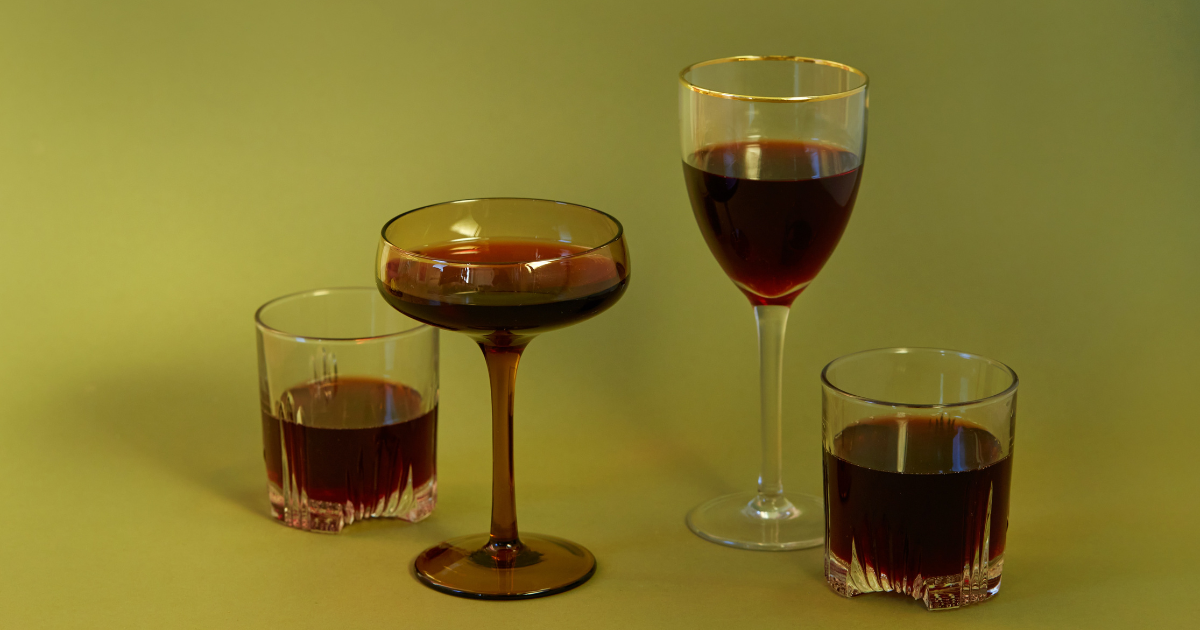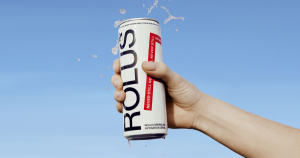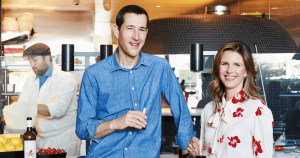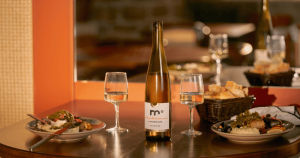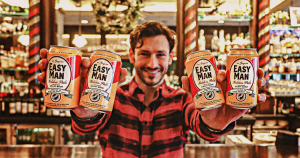By Douglas Watters
If you drank non-alc beers and wines ten or twenty years ago, you’re probably thrilled about how much the category has evolved and improved since then. A decade or two ago, most non-alc beer drinkers had to choose between O’Doul’s and, well, O’Doul’s. Now they have the problem of too many options! Today, virtually all styles of beer are represented, from ales to stouts to sours to porters.
I talk to a lot of mindful drinkers at my retail store, Spirited Away, and I hear widely varying opinions about different non-alc drinks. Taste, of course, is subjective. I don’t expect everyone to enjoy everything they sip. I certainly don’t. Across a wide variety of customers with very different tastes, certain generalities about sub-categories within adult non-alc do emerge, however.
The mindful drinkers who frequent Spirited Away are, by and large, thrilled with the state of non-alc beers in 2023. From the Athletics that you can now get almost anywhere in New York to the specialty microbrews that are a bit harder to find, non-alc beer drinkers have few complaints. The next most satisfactory sub-category is probably aperitivi and digestivi. Spirited Away’s customers love Ghia, St. Agrestis, Pathfinder, Wilfred’s, etc.
On the other end of the spectrum are still red wines. Spirited Away’s customers often remark that they’ve been disappointed by non-alc red wines. Conversely, they’re surprised and delighted when they do find one they like, much more so than when they find a good aperitif or gin alternative, for instance.
We stand at a juncture in the evolution of alcohol alternatives . Although vast improvements have been made, the category isn’t fully baked yet. There’s still some tinkering to be done with ingredients, dealcoholization methodologies and formulations. Removing alcohol from a fermented beverage without negatively impacting the flavors, structure, etc. is an expensive, time-consuming, and technically challenging process.
I don’t think many of us fully appreciate how difficult it is to make a great non-alc red wine. For one, alcohol contributes to the overall flavor profile: alcohol in wine acts as a solvent, extracting compounds from the grape skins and contributing to the wine’s flavor and aroma. When alcohol is removed, some of these flavor compounds may be lost or altered, leading to a less complex taste.
Alcohol adds body and viscosity to wine, creating a fuller and more satisfying mouthfeel. Non-alcoholic red wines often lack this characteristic, which can make them feel lighter and thinner on the palate. The same can be said for spirits, but mouthfeel is less important in, say, a gin than it is in a red wine.
Thirdly, modern wine dealcoholization is a high-tech process, but even the latest vacuum distillation or reverse osmosis methods still remove certain volatile compounds that contribute to the wine’s aromatic profile.
Red wines typically contain tannins, which are natural compounds found in grape skins, seeds, and stems. Tannins contribute to the wine’s structure, texture and astringency. However, the process of making non-alcoholic wines can reduce the tannin levels, leading to a less pronounced and potentially imbalanced taste.
Lastly, alcoholic fermentation produces various byproducts. These include esters, aldehydes and other compounds that contribute to the overall complexity and character of wine. When the alcohol is removed, some of these compounds may be lost or altered, affecting the wine’s flavor profile.
Although it’s challenging to replicate the full experience of an alcoholic red wine without the presence of alcohol, great minds are hard at work solving these challenges. It’s been incredible to see (and taste) the advancements that the industry has made in the production of non-alc wines in just the last few years. I’m excited to see what happens in the years to come. Watch this space!


